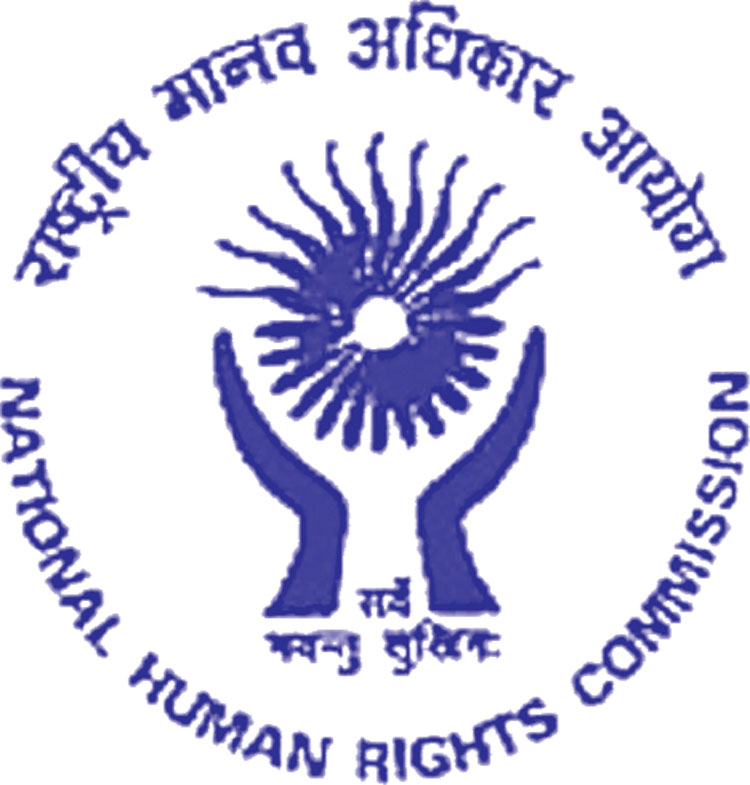
New Delhi, Jun 1 (FN Bureau) The National Human Rights Commission (NHRC) has suggested revision of wages and increasing working days under Mahatma Gandhi National Rural Employment Guarantee Act, and one time compensation along with many other measures for safeguarding the rights of informal and migrant workers. Keeping in view the adverse effects of the pandemic on different sections of society, NHRC issued three more Advisories to the Centre, States and Union Territory Administration on Tuesday as part of its 2.0 series of Covid-19 pandemic Advisories. These are related to right to mental health, identifying release and rehabilitate bonded labourers and safeguarding the rights of informal workers during the pandemic.
“The Commission, in a letter through its Secretary General, Mr. Bimbadhar Pradhan to the Secretaries of Union Ministries of Health and Family Welfare, Labour & Unemployment, Women & Child Welfare, Chief Secretaries of States and Administrators of Union Territories, has asked for the implementation of its recommendations in the Advisories and the action taken report within four weeks,” the commission said in a press release. In its letters commission has advised “All State Governments and UTs must revise daily wages under MGNREGA as per inflation rate and consumer price index. Working days under MGNREGA may also be increased to 200 days at least upto 31 Mar, 2022.”
The commission has also suggested States to issue advisories to employers discouraging reduction of wages and consider wage compensation at half the rates of earlier paid wages. It has said that one time direct benefits transfer by States and UTs, as a humanitarian compensation measure be given to informal workers. NHRC has also advised ’24×7 Worker Support Helplines’ by all State Governments and UTs to facilitate safe migration, provide accurate information regarding COVID-19 protocols, health facilities, vaccination etc. Among other measures it has advocated distribution of dry rations, setting up community kitchens and employment generation initiatives. For identification, release and rehabilitation of bonded labourers, the Commission has suggested involvement of Panchayats.
It has directed District Magistrate/Sub-Divisional Magistrate to investigate within 24 hours upon receiving a complaint of bonded labour system and ensure all COVID-19 related preventive measures during release. NHRC observed that “the issues that arose during the pandemic have led to adverse mental health outcomes, particularly among the vulnerable groups”. The advisory on right to mental health has focused on the ten key areas of required action. These are: Access to Mental Health Care, Dissemination of Information, Awareness, Grievances redressal & Review Board, Extending outreach of mental health support, Support for special groups, Suicide prevention, Health Insurance, Media sensitivity in reporting, Promoting research.

